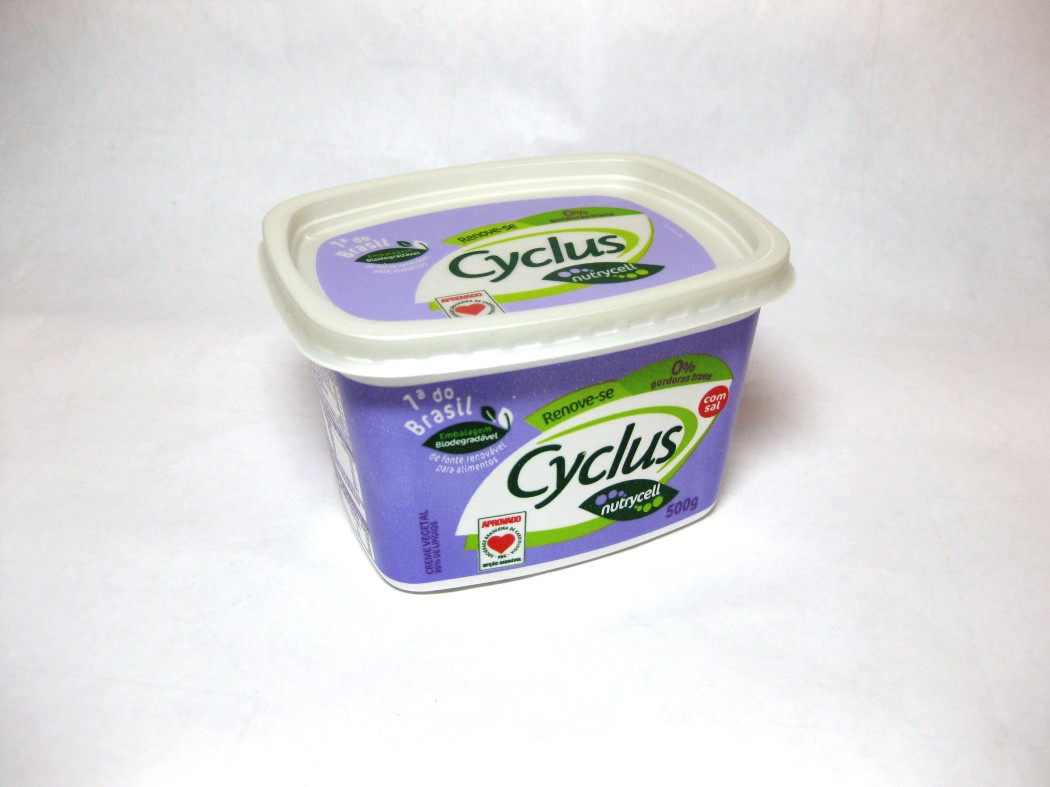Most of us use a lot of oil without ever driving a car

Nearly all the plastic and resins in our daily life are--you guessed it--made from petroleum. The case on your iPod and the food wrappers in the vending machine: processed from oil. I recently talked with the CEO of a small firm that hopes to help change that.
He's Frederic Scheer, Founder and CEO of Cereplast, Inc. The California-based company has two plants turning out plastic resin, one in California and one in Indiana. The raw material for their resins are biomass, from potatoes to corn. Any good source of vegetable starch. Scheer says Cereplast is now working toward using wood chips and other biomass not a potential food.
TWO CLASSES OF PLASTIC RESIN
Cereplast, says Scheer, is already selling two classes of resin. One is compostable. The other is permanent or "hybrid." The plastic tableware or the biodegradable dog poop bags are in the first class. Plastics for permanent use are found in appliances, toys, toothbrushes, credit cards, card keys, hand-held devices, and cars. That's the permanent variety. Here's a picture of one biodegrable use for a dairy company in Brazil:

In making both types of resin, Scheer says his company uses much less energy than the typical oil-based resin maker. Bioplastic can be made without heat exceeding 180-degrees Fahrenheit. Cracking oil and making resin requires heat of 400 degrees. Energy savings right there. Sheer points that bioplastic have a variety of raw materials to choose from, making their base costs easier to control. Not subject to the same ups and downs of the crude oil market.
All the water used by Cereplast can be recycled.
SAFER PLASTIC
Scheer says energy savings is coupled with health safety in bioplastics. No BPA which became a problem for some plastic firms last year. And many food and children's furniture makers want to be able to say they use only safe plastics.
SOME NUMBERS FOR COMPASION OF PLASTICS
Current bioplastic share of U.S. market doesn't even approach 1%. Lots of room for growth.
Traditional plastic resin industry uses 8% of all imported oil in U.S. That equals the amount used by the American airpline industry.
Traditional plastic is 100% based on fossil fuel. Cereplast's compostable plastic is 97% biobased.
By 2013 Scheer expects overall bio-plastics manufacturing capacity to increase by approximately seven times current levels.
90% of all current plastics could be replaced by bio-based polymers.
Every kilo of permanent bioplastic creates 1.45 kilo of CO2. The same weight of oil-based plastic creates 3.14 kilo of CO2. A greatly reduced carbon footprint, says Scheer.